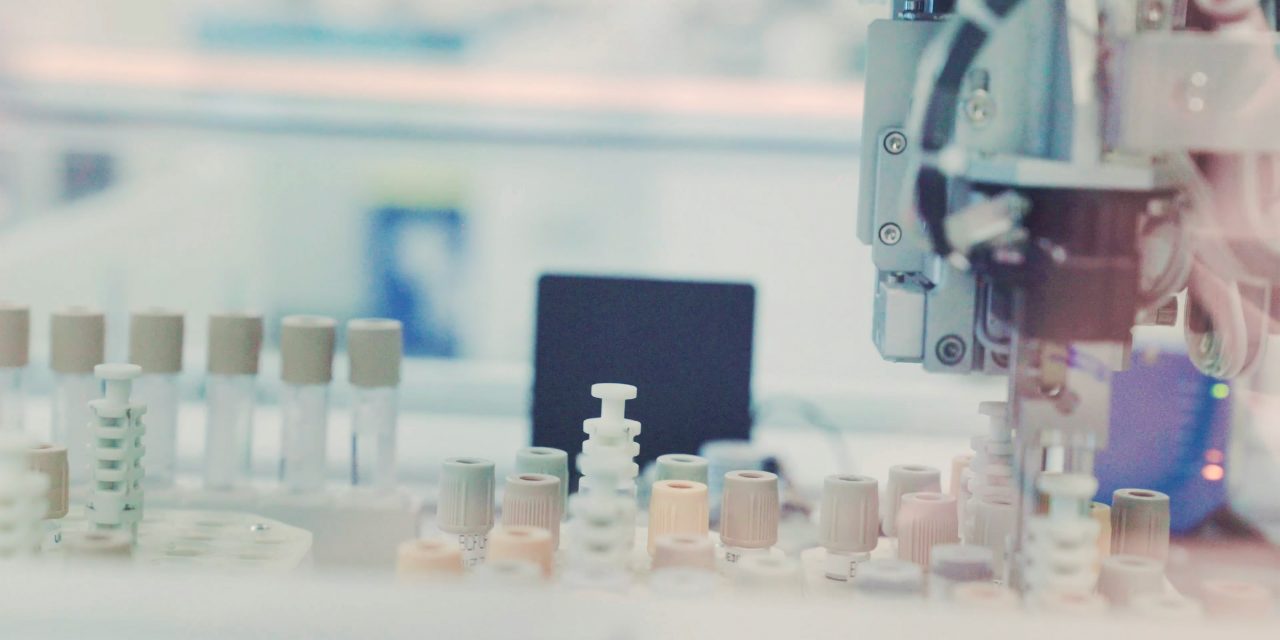College chemistry labs are no longer just about following step-by-step instructions to replicate well-known experiments. Today, many institutions encourage students to engage in innovative research, providing opportunities to explore cutting-edge science and contribute to real-world advancements. From green chemistry to nanotechnology, college chemistry labs are fostering creativity and preparing students for careers in research, industry, and beyond. Here are some of the most exciting areas where innovative research is taking place in college chemistry labs today.
1. Green Chemistry
With growing environmental concerns, green chemistry has become a crucial area of focus in college labs. This field aims to design products and processes that reduce or eliminate hazardous substances, making chemistry more sustainable. Research in green chemistry includes developing biodegradable materials, creating renewable energy sources, and designing safer chemicals and pharmaceuticals. Students working on green chemistry projects learn how to minimize the environmental impact of their work, making them valuable assets to industries that are moving toward more sustainable practices.
2. Nanotechnology
Nanotechnology, the science of manipulating matter on an atomic or molecular scale, is one of the most innovative fields in modern chemistry. Research in this area focuses on creating materials and devices with unique properties, such as increased strength, lighter weight, or enhanced electrical conductivity. In college chemistry labs, students may work on synthesizing nanoparticles for drug delivery systems, creating nanomaterials for environmental cleanup, or developing new electronics based on nanotechnology. This field offers students the opportunity to contribute to revolutionary advancements in medicine, energy, and technology.
3. Organic Synthesis
Organic synthesis remains a foundational area of research in chemistry, but it has evolved with new methods that make it more efficient and sustainable. Students involved in organic synthesis projects are tasked with designing and synthesizing new molecules, often for pharmaceutical or industrial applications. One of the most exciting aspects of organic synthesis today is the development of novel catalysts that speed up reactions while using less energy or producing fewer byproducts. This research prepares students for careers in pharmaceuticals, materials science, and chemical engineering, where organic synthesis is a key skill.
4. Medicinal Chemistry
Medicinal chemistry is at the forefront of efforts to design and develop new drugs. In college labs, students may work on projects related to synthesizing potential new drug candidates, studying how chemical compounds interact with biological systems, or developing new methods to improve the efficacy of drugs. These research opportunities allow students to directly contribute to the discovery of treatments for diseases such as cancer, Alzheimer’s, and infectious diseases. Medicinal chemistry research not only prepares students for careers in the pharmaceutical industry but also gives them a deeper understanding of how chemistry plays a role in healthcare.
5. Computational Chemistry
As computer power has increased, so has the importance of computational chemistry in research. This field uses computer simulations to study chemical reactions and molecular structures, allowing researchers to predict the behavior of complex systems without the need for physical experiments. In college labs, students can engage in computational chemistry projects that range from modeling enzyme functions to predicting the properties of new materials. This type of research helps students develop problem-solving skills and prepares them for careers that combine chemistry and technology.
6. Materials Science
Materials science is an interdisciplinary field that focuses on developing new materials with specific properties for use in technology, energy, and construction. Research in college chemistry labs often involves designing and testing materials like polymers, ceramics, and metals for applications ranging from solar cells to medical devices. Materials science research gives students a hands-on experience in experimenting with innovative materials and understanding how their molecular structure affects their performance. This field is ideal for students interested in working on technological innovations and sustainable solutions for global challenges.
7. Environmental Chemistry
Environmental chemistry is another growing area of interest, especially as climate change and pollution continue to dominate global discussions. In college labs, students can participate in research that examines how chemicals affect ecosystems, how pollutants can be mitigated, or how renewable energy sources can be improved. This type of research is highly practical and offers students the opportunity to make real contributions toward solving environmental problems. Many graduates who engage in environmental chemistry research go on to work in government agencies, non-profits, or industries focused on environmental protection.
8. Biochemistry and Biotechnology
Biochemistry and biotechnology are rapidly expanding fields that offer numerous opportunities for innovative research in college chemistry labs. Students working in these areas may explore how biological molecules function, develop new biotechnological tools, or create genetically modified organisms for industrial applications. From developing biofuels to engineering microbes for pharmaceutical production, research in biochemistry and biotechnology prepares students for a wide range of careers in both academia and industry.
Why Innovative Research Matters
Engaging in innovative research during college helps students develop critical thinking, problem-solving, and technical skills that are essential in today’s competitive job market. Research experience not only enhances their understanding of chemistry but also teaches them how to approach complex scientific questions with creativity and rigor. By working on projects that push the boundaries of current knowledge, students can contribute to meaningful advancements that have the potential to impact the world.
Conclusion
Innovative research in college chemistry labs is shaping the future of science and technology. From sustainable solutions in green chemistry to groundbreaking developments in nanotechnology, students are gaining valuable experience that prepares them for successful careers in research and industry. By exploring these cutting-edge fields, students can make meaningful contributions to the world of chemistry and beyond.

